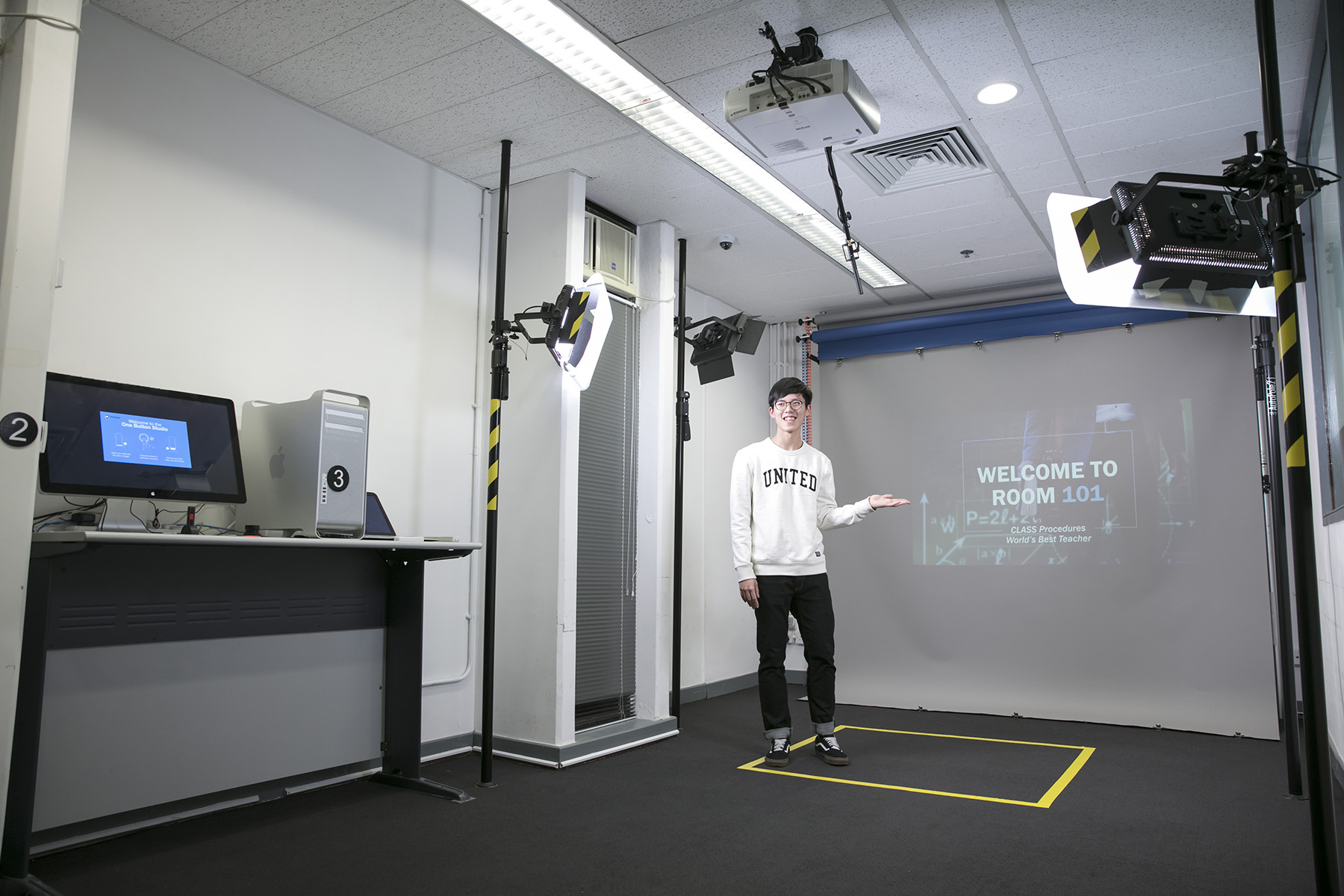Research is a process of striving for better solutions. Presenting your research to a wider audience provides opportunities to let others recognize your works, and collect feedback from peers, experts, and even the general public. In return, all these comments and suggestions can contribute to your future research and help develop networks for future collaboration and cooperation.
For junior researchers (e.g. undergraduate students), your research projects are mainly for course assignments or capstone/ final year projects. This page will introduce a few key channels most students used to present their research in PolyU.
Academic Integrity in Research
Using Generative AI (GenAI) tools to write your assignments/essays can result in plagiarism. These tools produce content that may be replicated from other sources, potentially leading to allegations of academic dishonesty.
Instead, you should focus on developing your own ideas and writing skills. By conducting thorough research, organizing your thoughts, and citing sources properly, you can produce high-quality assignments/essays that demonstrate understanding of your subject matter. To learn how to cite GenAI content, go to Use of GenAI in Academic Works.
 Written Assignment
Written AssignmentWriting is the most commonly used format for demonstrating students learning. It can be presented in different kinds, e.g. essay, report, literature review, annotated bibliography, dissertation and thesis, etc.
As a university student, you may encounter various forms of academic writing. What exactly is academic writing? How to improve the skills in academic writing? Watch this video to find out more.
What is Academic Writing (2:56)
Source: From MOOC course "Writing in English at University" offered by Lund University
Quick summary:
General Features
Learning Academic Writing
As mentioned in the video, these resources are usually available through the Library. Here are some of our recommended resources:
You may further conduct searching in OneSearch to find relevant resources, e.g. books, dissertations, etc. for academic writing in a more specific context. Check out more tips on using OneSearch from this guide.
Here are some free resources and online tools which may assist your writing.







Free Online Courses for Academic Writing
Check MOOC platforms for more courses about academic writing and other topics: Canvas Network, Coursera, edX, FutureLearn, etc.
Reading past students' works may give you some ideas about the university's "requirements" for students' research outputs. You can start by consulting the students' outstanding works and theses.
 PolyU Student Works
PolyU Student Works
 Oral Presentation
Oral PresentationIn many cases, you may be required to give a presentation apart from the written assignment. Mastering good presentation skills let you stand out in your study and advance your future career.
Delivering a clear and informative oral presentation is not easy, but it can be improved through training and practicing. Let's start by watching this short video, which shows the general flow and tips for preparing a presentation.
Presentation Skills: Tips & Tricks (1:04- )
Quick summary:
You may refer to the following resources to help you get prepared for oral presentation.
Before your presentation, you may want to run a rehearsal and have it recorded. These two library studios can help you with this.
One Button Studio |
Digital Studio |
|---|---|
|
Used for
|
Used for
|
| Self-serviced | Supported by technician |
| Reserve a session via iBooking System | Contact lbstudio@polyu.edu.hk or 2766-7825 |
 |
 |
You may further conduct searching in OneSearch to find relevant resources, e.g. books, videos, etc. Check out more tips on using OneSearch from this guide.
Here are some tools to help you prepare presentation slides, and presentation rehearsal.
|
Microsoft PowerPoint |
PolyU staff and students are eligible to install and use the latest version of MS PowerPoint (part of MS Office 365 ProPlus) on their own devices. Details are available on website of Information of Technology Services Office here. Watch training courses online to learn some of basics and advanced applications. |
|
|
A cloud-based presentation tool to facilitate non-linear storytelling. By zooming in and out of different ideas, you can easily jump over slides and engage the audiences according to the real situation. Both free and paid accounts are available. Watch a tutorial here to get started. |
|
|
A free tool allows everyone to create and edit polished presentation in browser. It works best for group projects as team members can work simultaneously on the latest version. You can migrate content from MS PowerPoint for further amendment. Registration for a Google account is required. Watch a tutorial here to get started. |
|
|
Open Broadcaster Software (OBS) is a free and open source for video recording and live streaming. It offers videos in high definition with no limits on the length of your products. Watch this quick tutorial for beginners here. |
|
|
A software you can download online for screen capture recording with audio and limiting editing. The free account allows you to have a 15-mins screen or webcam recording and it can be published to YouTube for sharing. Paid account will provide additional features. Check out its website for more details. Watch training tutorials here. |
Many research projects are collaborative works. Usually in such projects, all team members need to contribute to delivering a presentation. Here are some resources to help you get some tips on group presentation.
Group Presentation Skills by University of Technology Sydney
a series of “how-to” videos introducing scenario and practical techniques for team presentation.
Oral Presentations tutorials by RMIT University Library